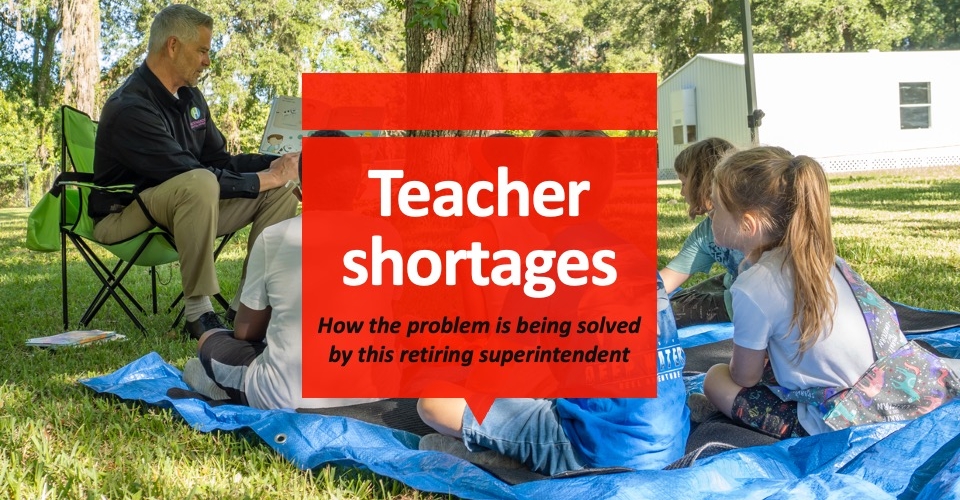“Math is important, but we’re being taught the wrong kind of math.” “I simply don’t find enjoyment in math.” “Improve math education so that it’s relevant and enticing to students in the future of math!”
Those are just three responses among the tens of thousands of students who participated in YouthTruth Math’s Learning and Identity Project, a three-part survey that offers educators new insight into students’ thoughts surrounding their school’s math curricula. Spoiler alert: many students still don’t enjoy math.
Lesson one: Math lacks value
The first critical finding from this report suggests that students believe math education lacks “inherent value” and fails to relate to their practical needs. Instead, they want to obtain “real” math skills that will support them in pursuing the future they envision for themselves.
Just 57% of students agree that learning math is important. Furthermore, this lack of excitement for the subject cuts across student demographic characteristics, including grade level, gender and race. Even those in more accelerated math classes, such as those who completed Algebra I in 7th or 8th grade, aren’t more likely to express appreciation for the subject than their peers.
More from DA: How leaders can support the ‘big changes’ coming to K12 in 2024
Students also made the distinction between what they called “school math” and “real math,” arguing that the former only benefits students in their pursuit to graduate high school and in college admissions. However, they said their school’s curriculum lacks the support of “real math,” including lessons on a variety of skills students wish to acquire, such as managing bank accounts, paying bills, understanding insurance, etc.
Lesson two: Fostering engagement
The student-teacher relationship is a key component of academic achievement that should never be overlooked, especially when it comes to math. Students who cited positive math learning experiences noted having strong relationships with their teachers. These “determined math learners” are described as those who:
- Strongly agree they can excel in math if they work hard.
- Always keep trying, even when the work gets tough.
- Feel comfortable asking questions in class.
Yet, just under half (46%) of students feel comfortable raising their hand in math class, indicating a greater need for educators to foster a welcoming and engaging classroom environment. One student in the survey said their math teacher administers surveys every week, which they said shows them that their teacher cares.
Lesson three: Making math interesting
Lastly, which we’ve heard time and time before, math simply isn’t interesting to many students. This lack of excitement bars students from being able to acquire vital math skills necessary for future success.
According to the survey, only 47% of students said they “often” and/or “always” work on “interesting” math problems. Another 23% said they “never” and/or “rarely” engage in interesting work.
“Math and high school are difficult,” one student said in the report. “Empathy, understanding and compassion are what we need to learn.”









